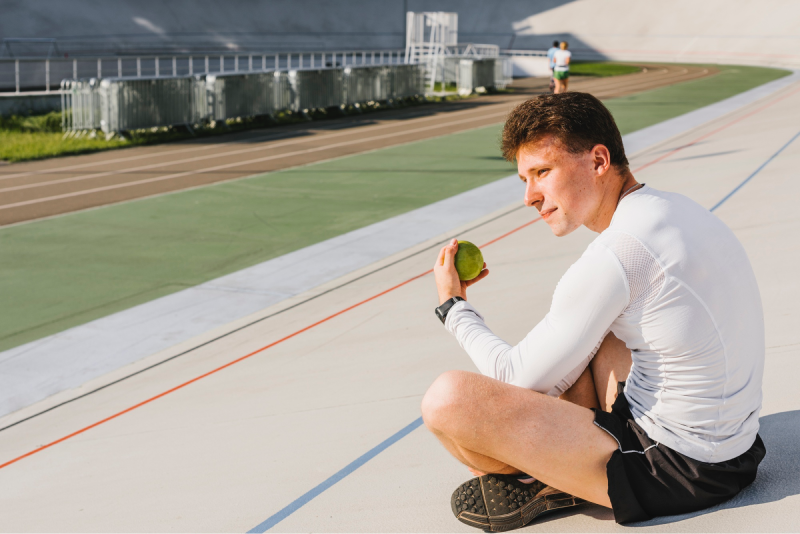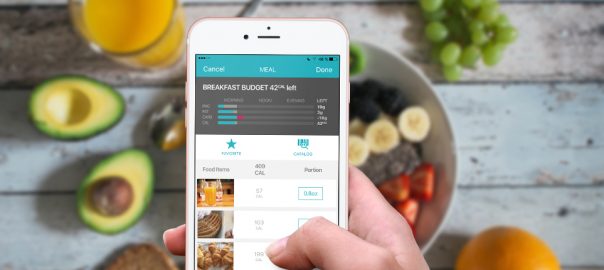No two workouts are created equal. As different workouts can tax different areas of your body, it’s important to not only know which nutrients you should eat which will sufficiently refuel your body (depending on the type of workout completed) but also, when you should refuel post-workout. In today’s article, we’ll look at cardio-based workouts and tackle the ‘when’ you should refuel part of the equation. In a separate post, we’ll address the ‘what’ you should refuel with aspect.
Let’s first get down to basics. Know that the ‘what’ and ‘when’ is contingent on more than the type of workout you’ve done; it also depends on how intense the workout was, as well as whether and when you’ve eaten before the workout.
Cardio – in and in itself – won’t result in substantial muscle gain generally, unless you pair it up with strength training. Cardio isn’t about muscle gain; it’s about calorie consumption.
So, how soon should you eat after a cardio workout, if at all?
If your workout was at a low to moderate intensity level and it lasted for less than an hour, chances are you didn’t deplete your energy reservoirs. As a reminder, energy is stockpiled in your muscles in the form of a chain of sugar molecules (known as glycogen) which – along with fat – fuels your body.
If, on the other hand, your workout was particularly intense, and/or you hadn’t eaten for a while before the workout, you should fuel up with food within an hour post-work to restore lost glycogen.
What’s ‘a while’? According to the Journal of International Society of Sports Nutrition, a combination of protein and carbs boosts muscle development, and their recommendation is if you hadn’t had a meal four to six hours before your workout, you could probably benefit from a protein and carbohydrate-rich meal as soon as you finish working out.
If you did eat up to two hours before your workout, you probably won’t need to refuel, as that earlier meal will probably be enough to promote muscle replenishment. as the muscle-building amino acids in that earlier meal stays in your system for up to two hours after eating.
There you have it : if you had a meal less than 2 hours before a workout, there’s probably no need to level up with food. If you had a meal three, four, five hours or longer before your workout, you should replenish with proteins and carbs, ideally within the hour of finishing your workout.




